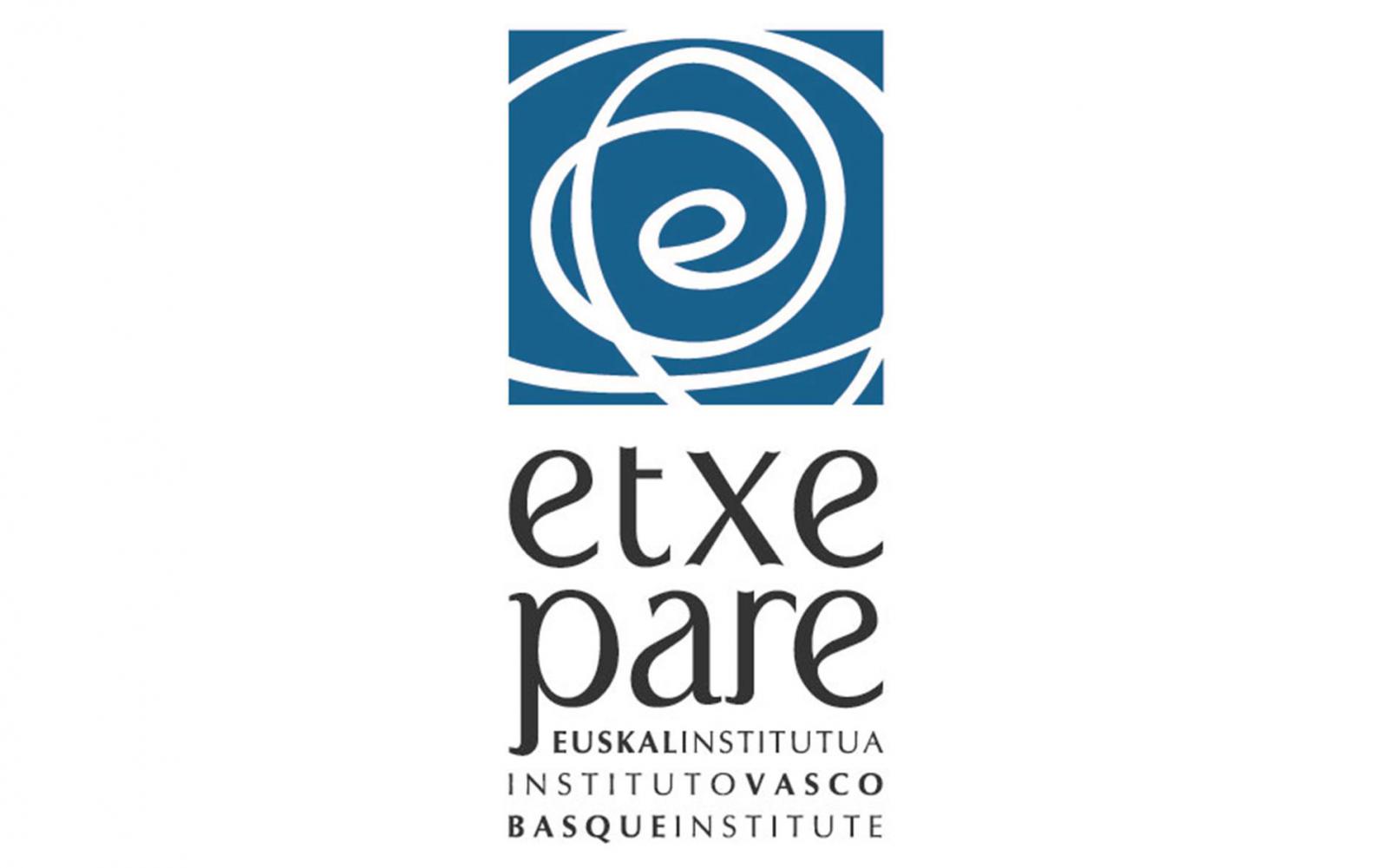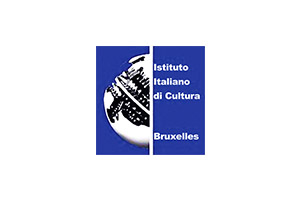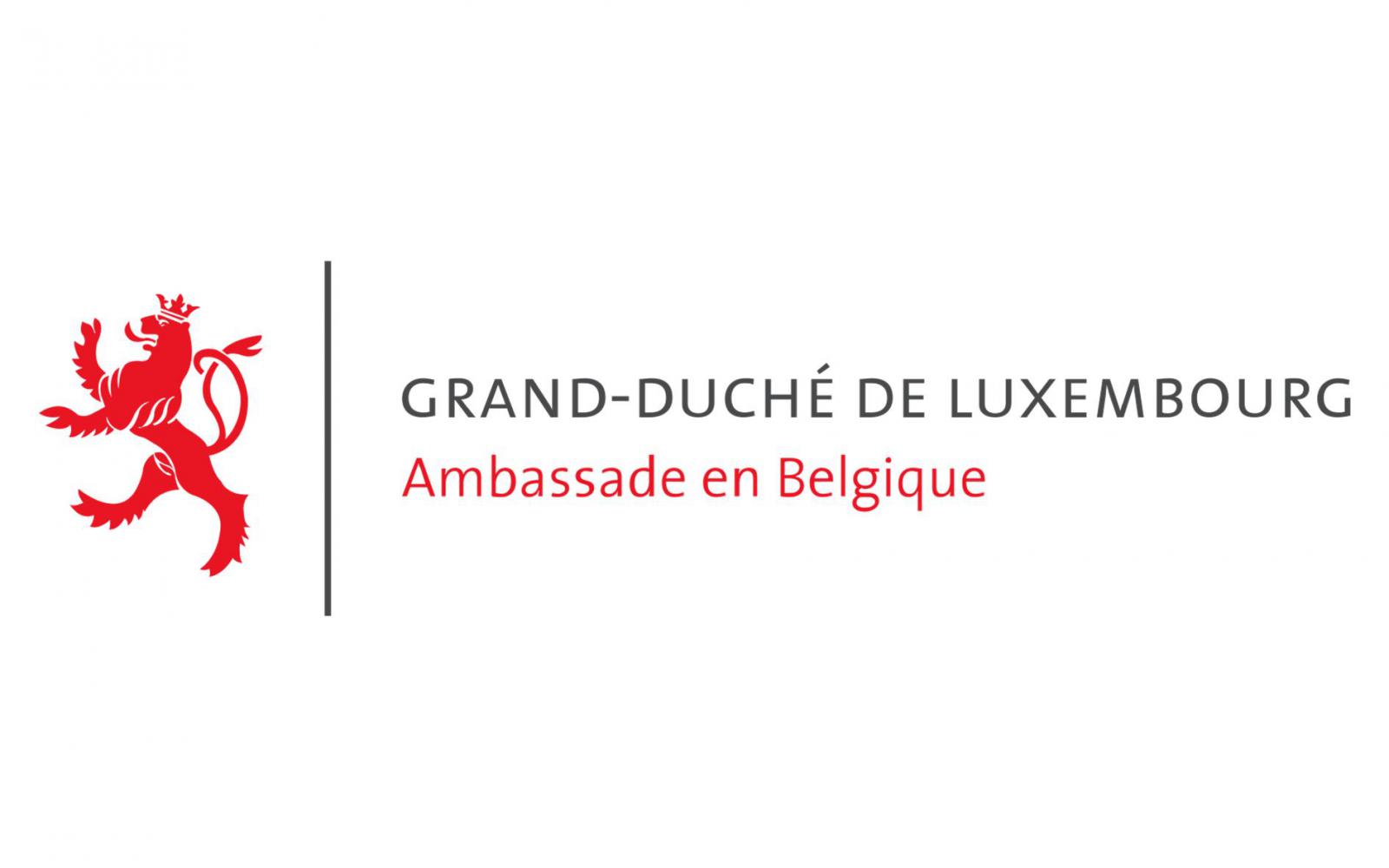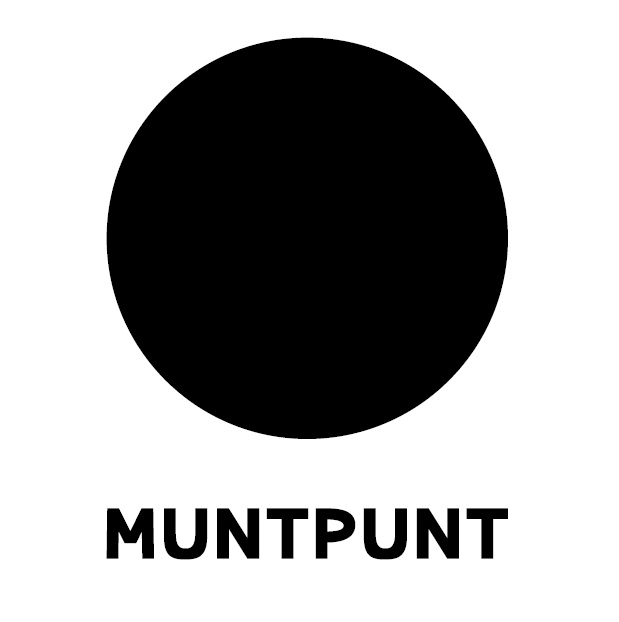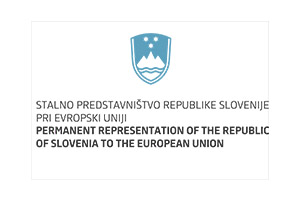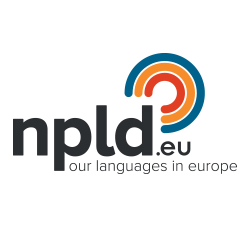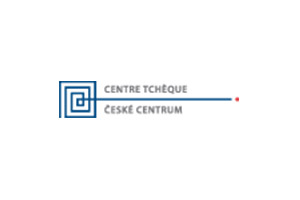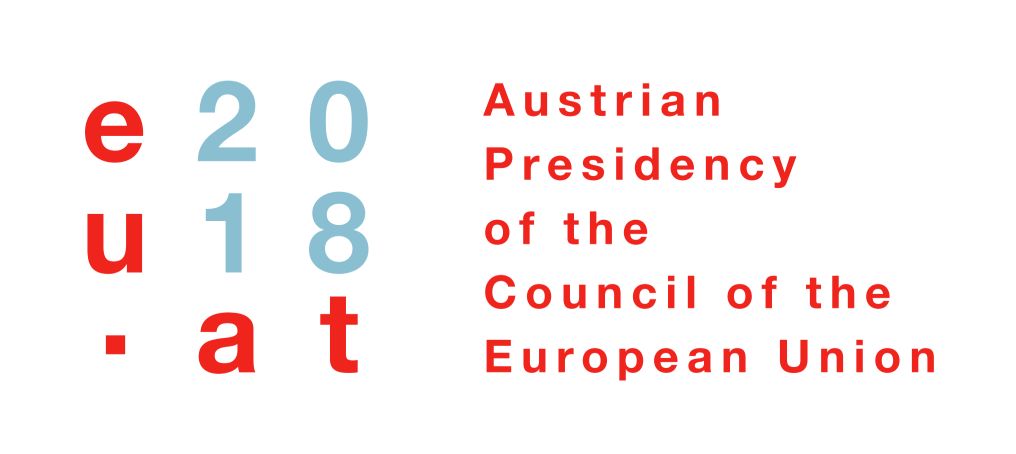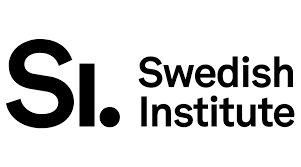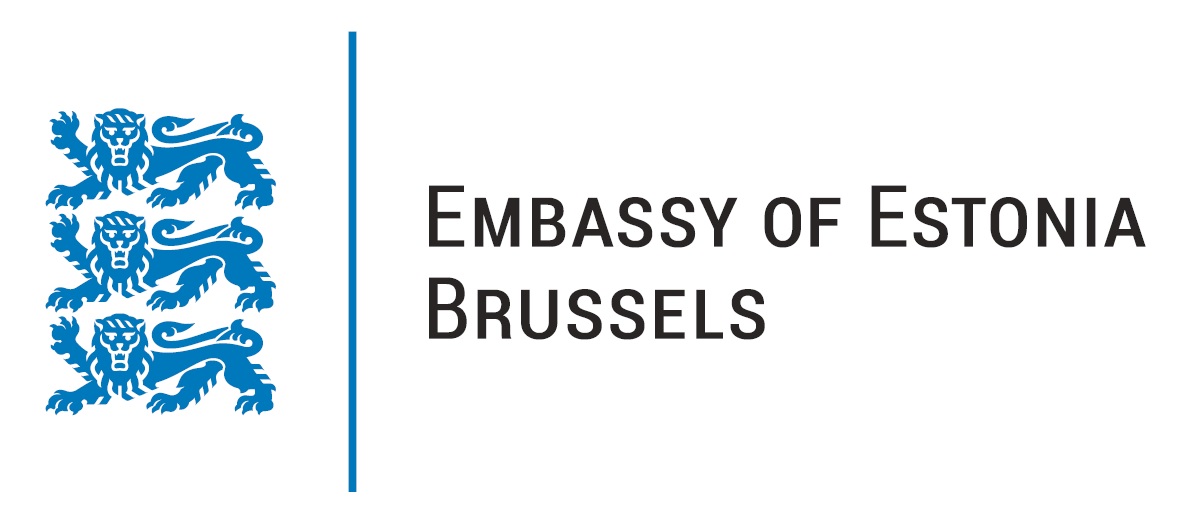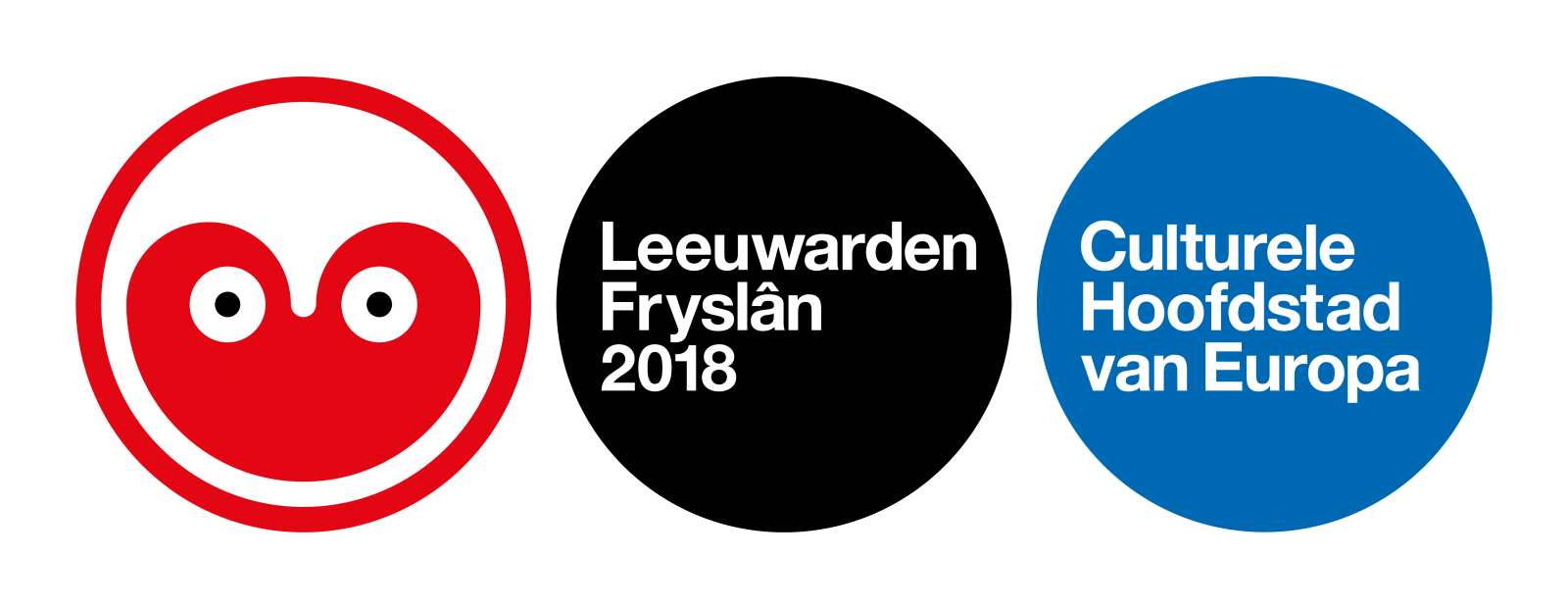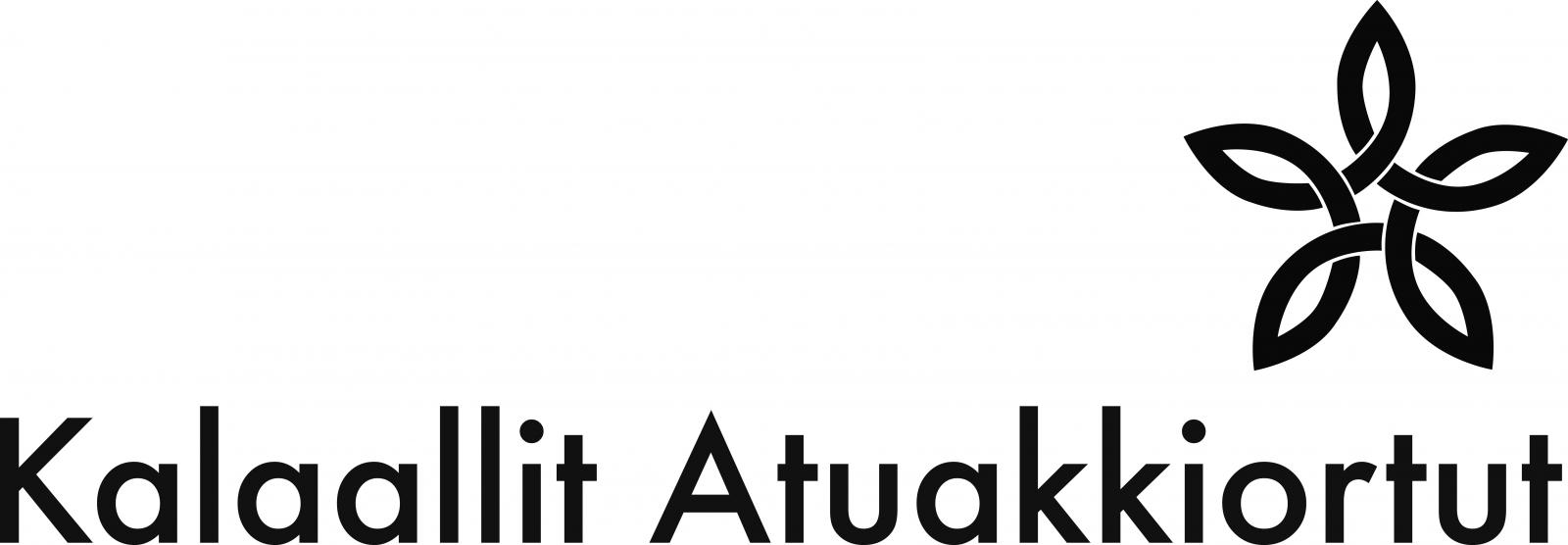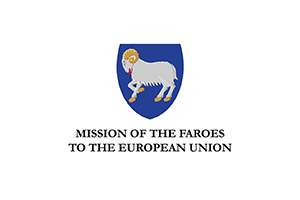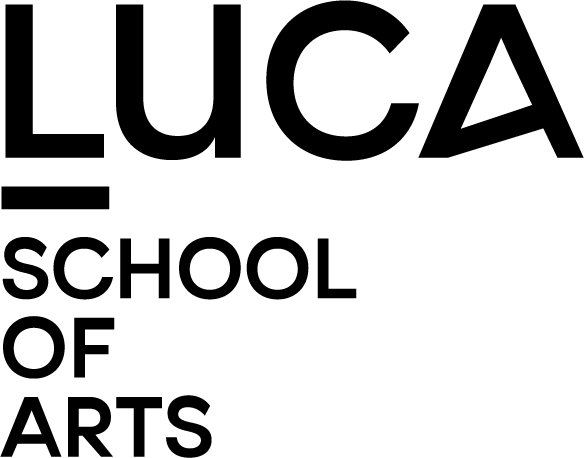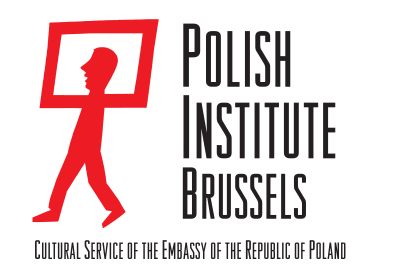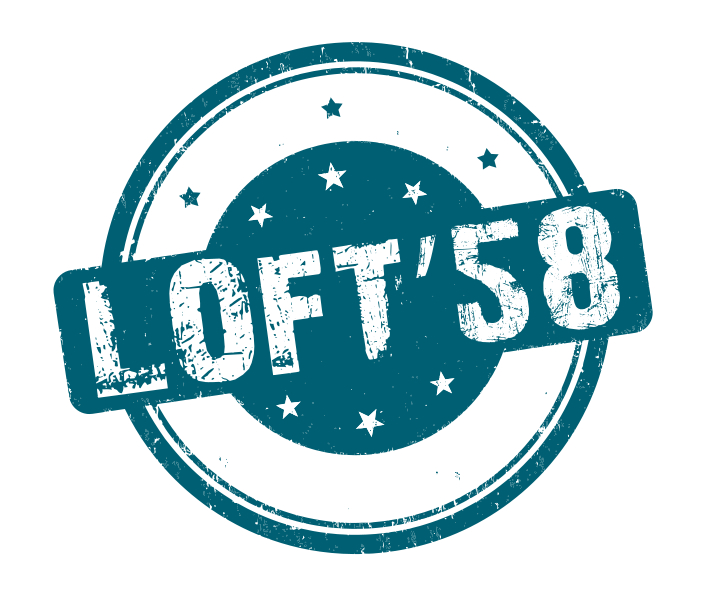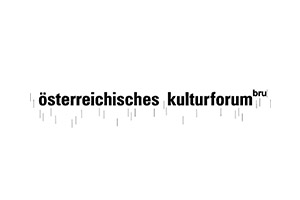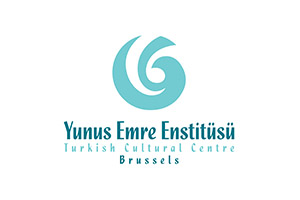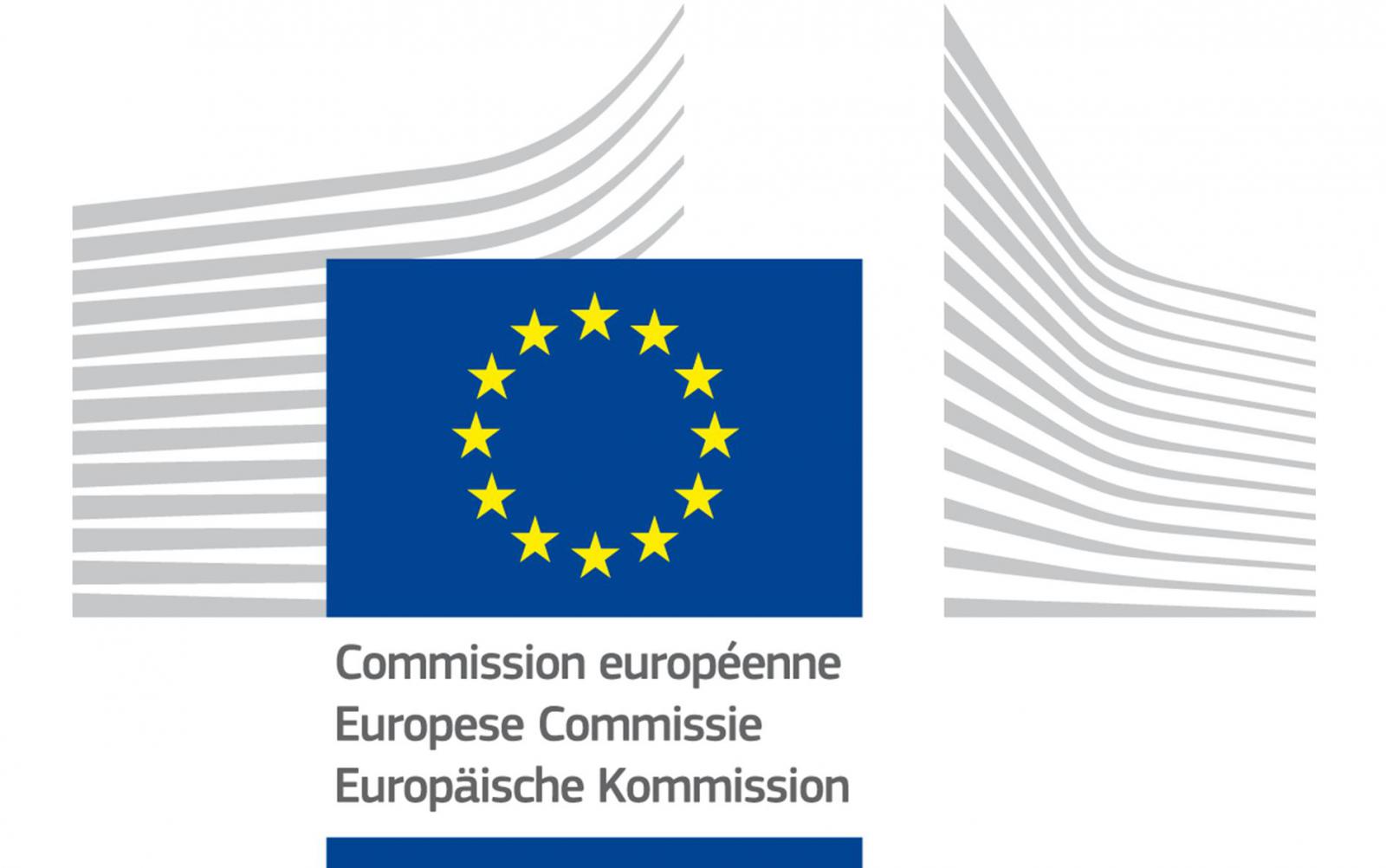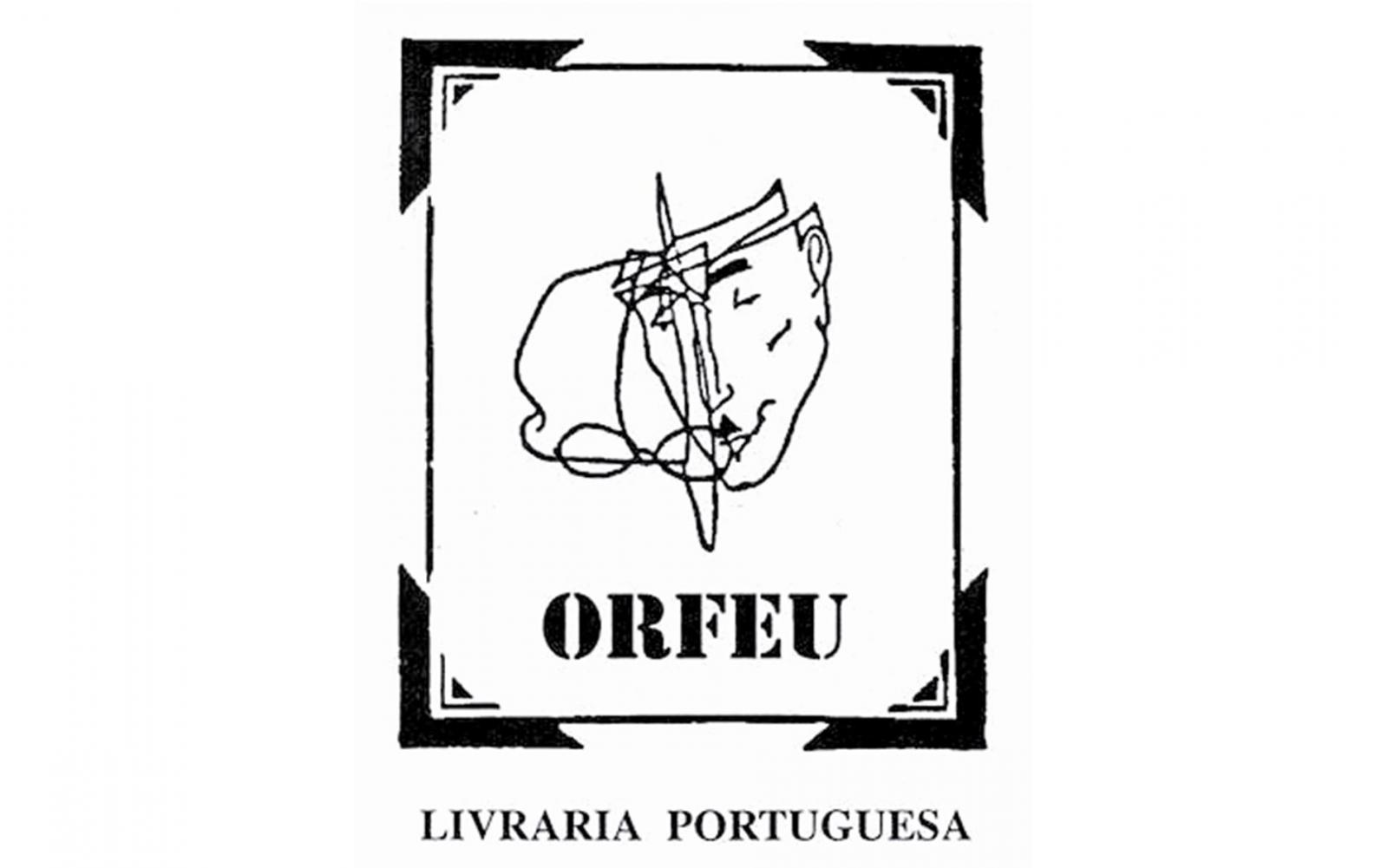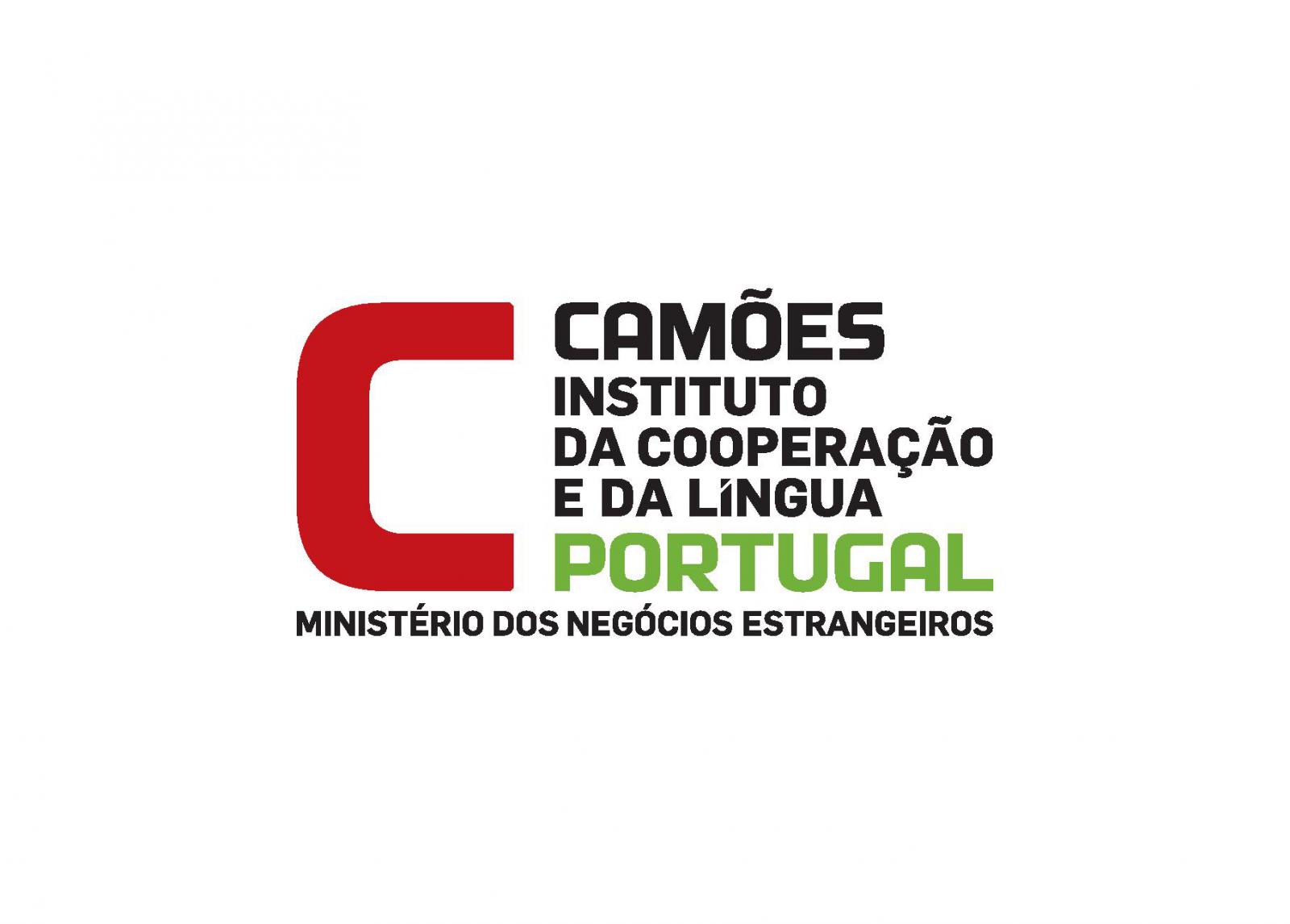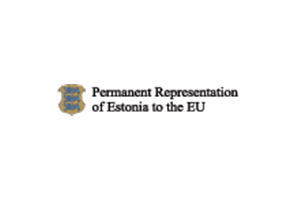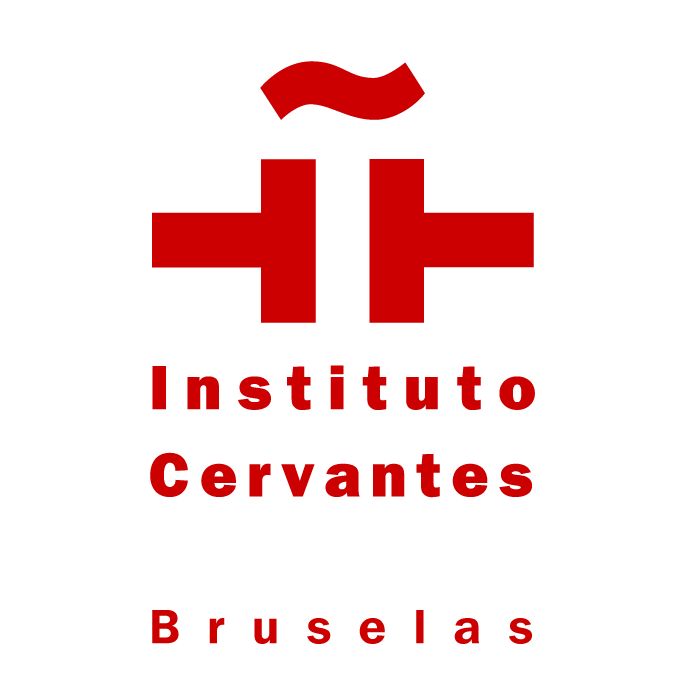Find a poet
Latest updates
-
TRANSPOESIE 2025
09/24/2025 -
Transpoesie 2025 - Programme
09/24/2025 -
Transpoesie 2025 - Open Call
04/16/2025
Jacques LACARRIERE
Jacques Lacarrière, (1925-2005) écrit ses premiers poèmes dès l’âge de six ans, avant de rejoindre, quinze ans plus tard, le groupe surréaliste à Paris et de s’adonner quelques temps à l’écriture automatique. En 1947, il voyage pour la première fois en Grèce où il réside par la suite une quinzaine d’années et où il traduit de nombreux poètes grecs contemporains. De retour en France en 1967, à la suite du coup d’État fasciste des colonels, il s’installe dans un village de Bourgogne.
Jacques Lacarrière est aussi critique dramatique à la revue Théâtre populaire et fréquente la Maison des lettres à Paris ; il côtoie Albert Camus, Raymond Queneau, Roland Barthes, Antoine Vitez.
En 1991, il reçoit le Grand prix de l'Académie française pour l'ensemble de son œuvre. Écrivain voyageur, il est proche, à de nombreux titres, du Suisse Nicolas Bouvier, auteur de l'Usage du monde. À propos du voyage, il déclare : « Ma philosophie, c'est le contraire de celle de l'escargot : ne jamais emporter sa demeure avec soi, mais au besoin apprendre à habiter celle des autres qui peuvent aussi habiter la vôtre. »
http://www.cheminsfaisant.org/content/index.php



/RO - on the website.png)
